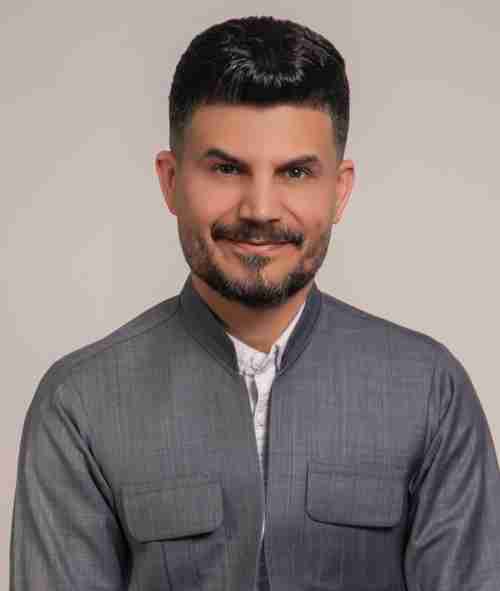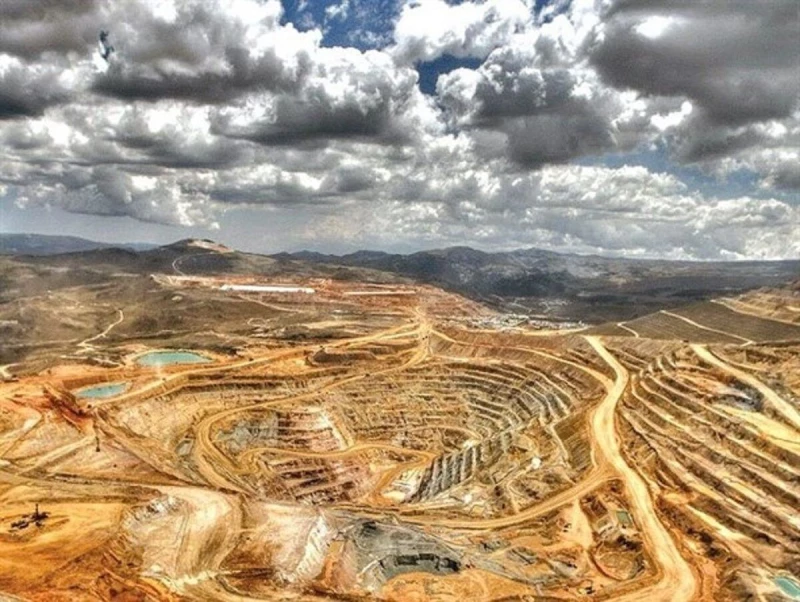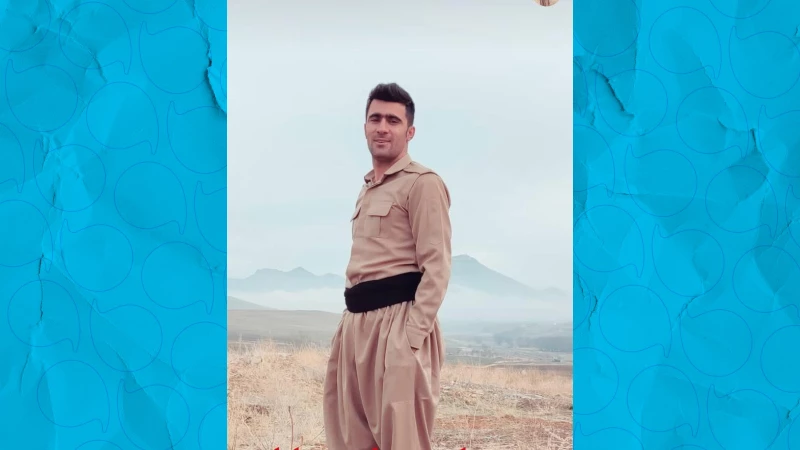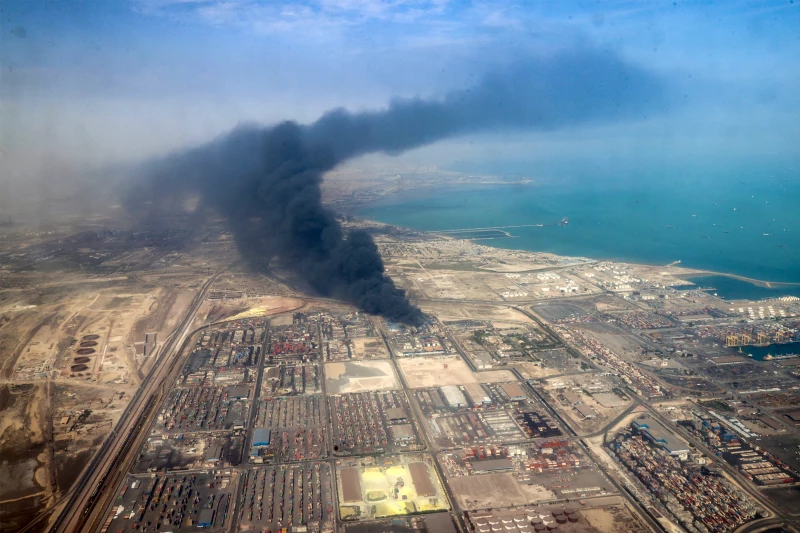STRASBOURG, France – Many Kurds in Iran view the latest developments in Turkey’s peace process, namely the dissolution and disarmament announcement of the Kurdistan Workers’ Party (PKK), with excitement. Despite hope that the burgeoning process will influence the condition of Kurds in Iran as well, different opinions exist as to how that influence will manifest itself.
Certain activists believe that the PKK’s laying down of arms raises questions about the efficacy of physical-force action, while others hold the opinion that the very peace process and its developments are “owed to armed struggle.”
Turkey’s Kurdish territory—the most geographically expansive in the region—shares an extensive border with Iran’s Kurdish areas. In addition, the PKK has ideological and political roots in Iran’s Kurdish population; many Iranian Kurds have joined and engaged in militant activities within their ranks.
The PKK was an armed group that up until its disbandment in May 2025 claimed to fight for increased Kurdish rights in Turkey, predominantly engaging in armed struggle with Turkish forces from the mountainous borders of the Kurdish Region, Iraq, and Syria.
The group had long been recognized as a terrorist organization by Ankara, the US, and the European Union. It was also declared a banned organization by Iraq in 2024.
The militant group on Monday published the results of its recent seminal congress, announcing that the organization has decided to dissolve and disband, ending an insurgency that spanned over four decades, after months of negotiations.
Farhad Aminpoor, a Saqqez-based political analyst, evaluates that it is “extremely difficult for this process to have any effect on the Kurdish situation in Iran,” further explaining that “political authorities in Iran and Turkey are very different. Iranian authorities do not formally recognize a Kurdish issue. They see the Kurdish issue as something created by foreigners.”
“The Islamic Republic of Iran thinks that the parties of east Kurdistan [Iran’s Kurdish territory] are not strong enough to force a discussion,” Aminpoor added.
Zagros Andaziary, a member of the Kurdistan Free Life Party’s (PJAK) diplomatic committee in Europe, told The New Region that “there is a good chance that fundamental changes in Iran’s view of the Kurds might come about, and further developments between Turkey and northern Kurdistan [Turkey’s Kurdish territories] can strengthen this chance.” The PJAK are a militant group that took up arms against Iran in the early 2000s, much as the PKK did in Turkey decades prior.
“If the peace process in northern Kurdistan develops further, then the freedom movement in eastern Kurdistan will also take multiple steps forward, and the Islamic Republic will have no choice but to adapt to the new circumstances and accept the will of the Kurdish people,” Andaziary reckoned, referring to the Turkish and Iranian Kurdish territories the way the Kurds do.
“If the fate of the Kurds takes a positive course in any part of Kurdistan, or a solution emerges and their [Kurds] rights are provided, the Iranian government will also fall under pressure, Iran’s authorities can not sit back quietly,” said Karim Parwizi, a member of the Democratic Party of Iranian Kurdistan’s (PDKI) central committee.
Kurds make up around 12 percent of Iran’s total population of nearly 90 million. Even though they constitute a significant portion of Iran’s populace, Kurds in Iran are denied certain basic rights.
Despite being constitutionally allowed to receive education in their own language for nearly five decades, this article has yet to be put to use, and Kurds still receive their education in Persian in Iran. Kurdish parties in Iran have confronted the central Iranian government to secure their rights since the Islamic revolution in 1979 to no avail. The two sides have met numerous times, especially after the revolution, but without coming to a suitable agreement, a deadlock for which the Kurdish parties blame the Iranian government.
These parties aspire to a decentralized Iranian state where Kurds enjoy an autonomous self-ruling arrangement with fair participation in central government affairs, much like their Iraqi counterparts, who have de facto ruled themselves since 1991 and formally since 2005.
Iran’s grip on the Middle East has begun diminishing in recent times, with their proxies losing significant influence across the region, all while facing excruciating sanctions from the US and its allies over its nuclear program that have battered its economy and plunged its currency value to the ground.
According to Parwizi, after the October 7 Hamas-led attack on Israel and the consequent war that broke out between the two, “Israel said that the geopolitics of the region are beginning to change…what is important is how those opportunities are taken advantage of.”
The developments in Turkey have divided opinions among Iranian activists, with some arguing that the PKK announcement shows that armed struggle leads to no solutions, while others respond that the political landscape of Turkey allows parliamentary and political struggle while the same opportunity does not exist in Iran.
Andaziary argued that “the new process in northern [Turkey’s] Kurdistan is owed to armed-struggle” adding that “the PKK’s long and arduous struggle in northern Kurdistan and Turkey has brought about the strength and movement that the Kurdish question can be solved in the democratic political scene in that part of Kurdistan through legal and political procedures.”
PJAK, which subscribes to a similar ideology to that of PKK founder and leader Abdullah Ocalan, has been engaged in an armed struggle with Iran for over two decades. The party is seen as an offshoot of the PKK in Iran by other parties in the country. They carry out most of their activities along the Iraqi-Iranian border, where the PKK has also been active in recent times.
The disbandment of the PKK and their abandonment of arms raise questions about the future of PJAK and their plans going forward.
“We will continue our work and struggle and benefit from the potential that the peace process in northern [Turkey’s] Kurdistan brings about, particularly mentally. All of our efforts are to improve [our] ranks and ensure success,” said Andaziary, a member of PJAK’s diplomatic committee.

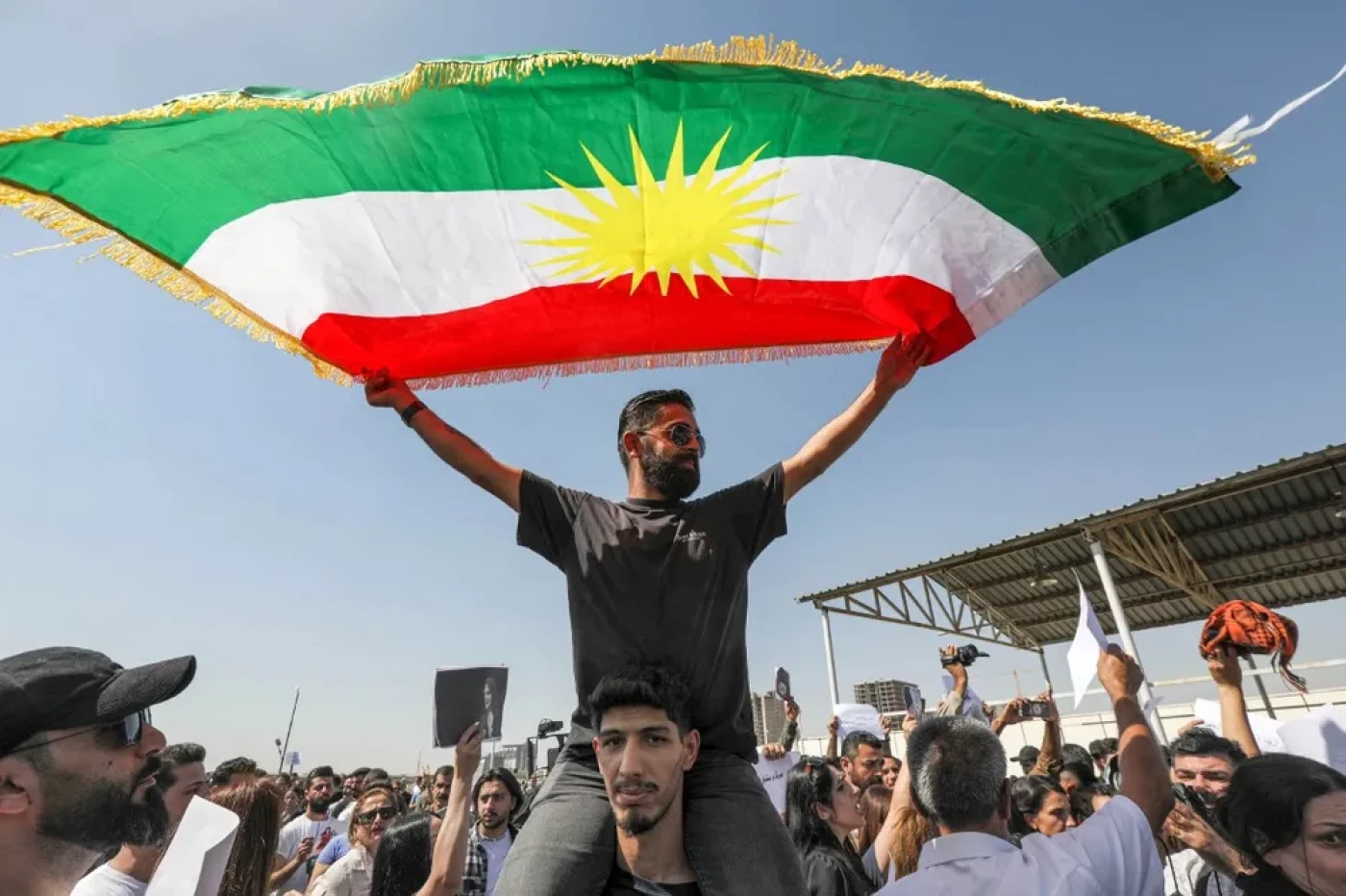
 Facebook
Facebook
 LinkedIn
LinkedIn
 Telegram
Telegram
 X
X
